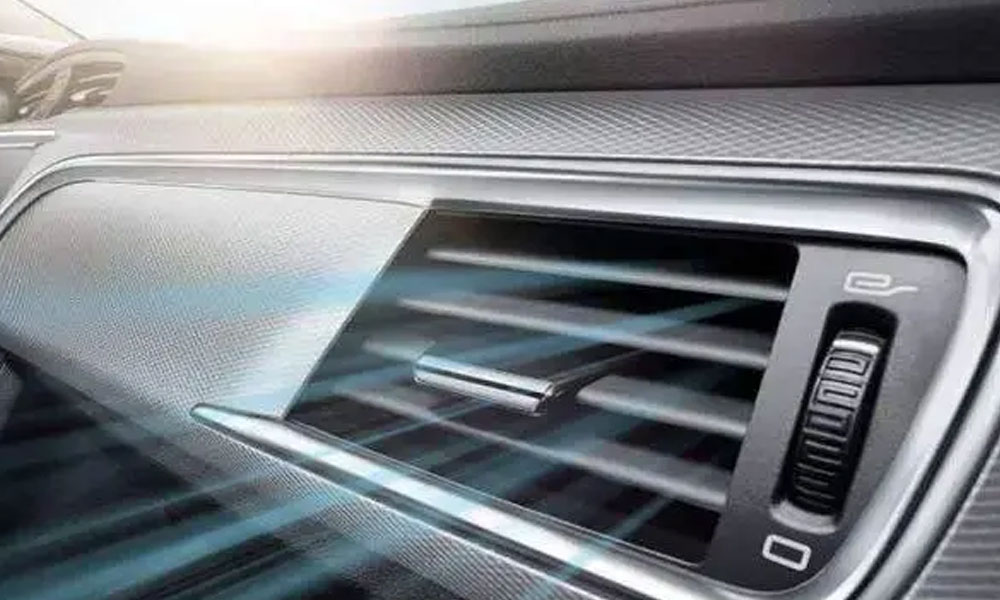Lithium bromide is not typically used directly in the automotive industry, but it does have indirect applications that can benefit automotive technologies, particularly in the context of energy storage and environmental control systems. Here’s an overview of how lithium bromide powder can be utilized in the automotive industry:
Table of Contents
1. Battery Technology
Role: Although lithium bromide is not a common component in batteries, it can play a role in the development of solid-state electrolytes for lithium-ion batteries. Researchers may explore the use of lithium bromide as a component in composite materials or as a precursor for certain materials.
Application:
- Solid-State Electrolytes: Lithium bromide could potentially be used in the development of solid-state electrolytes that offer improved safety and energy density over conventional liquid electrolytes.
- Electrode Materials: Research may involve the use of lithium bromide in the synthesis of new electrode materials that enhance battery performance.
2. Air Conditioning Systems
Role: Lithium bromide is commonly used in absorption air conditioning systems, which can be beneficial in the automotive industry for maintaining comfortable temperatures inside vehicles, especially in commercial and heavy-duty applications.
Application:
- Absorption Chillers: Lithium bromide can be part of absorption chillers used in buses, trucks, and other commercial vehicles to provide efficient and environmentally friendly cooling.
- Solar-Powered Cooling: In electric vehicles (EVs), lithium bromide absorption chillers can be powered by solar panels, reducing the load on the vehicle’s battery and increasing the overall efficiency of the EV.
3. Waste Heat Recovery
Role: Lithium bromide can be used in waste heat recovery systems that capture and reuse the heat generated by engines and other vehicle components.
Application:
- Thermoelectric Generators: Lithium bromide-based thermoelectric generators can convert waste heat into usable electrical power, improving fuel efficiency and reducing emissions.
- Auxiliary Power Units (APUs): In larger vehicles, lithium bromide absorption chillers can be integrated with APUs to recover waste heat and provide cooling, thereby enhancing the vehicle’s energy efficiency.
4. Research and Development
Role: Lithium bromide is a valuable tool in research and development, particularly in the exploration of new materials and technologies for the automotive industry.
Application:
- Material Synthesis: Researchers can use lithium bromide in the synthesis of new materials for use in automotive applications, such as lightweight composites and advanced coatings.
- Simulation and Testing: Lithium bromide can be used in laboratory settings to simulate and test various environmental conditions that vehicles might encounter.
Case Study: Lithium Bromide in Automotive Air Conditioning
Scenario: A major automotive manufacturer is developing a new line of commercial buses designed for use in hot climates. The company decides to implement a lithium bromide absorption air conditioning system to provide efficient and reliable cooling.
Implementation:
- System Design: The lithium bromide absorption air conditioning system is designed to be compact and efficient, with minimal maintenance requirements.
- Heat Source: The system utilizes waste heat from the engine, reducing the need for additional energy inputs.
- Testing: Extensive testing is conducted to ensure the system can handle the high temperatures and humidity levels typical of the target market.
Benefits:
- Energy Efficiency: The system reduces the overall energy consumption of the bus, contributing to better fuel economy.
- Environmental Impact: By utilizing waste heat, the system helps to reduce emissions and improve the environmental profile of the vehicle.
- Passenger Comfort: The efficient cooling ensures a comfortable ride for passengers, even in extreme weather conditions.
Conclusion
While lithium bromide powder is not a primary material used in the direct manufacture of automotive components, it can play a significant role in supporting technologies that enhance the performance, efficiency, and sustainability of vehicles. Through its use in battery technology, air conditioning systems, waste heat recovery, and research and development, lithium bromide contributes to the advancement of the automotive industry.
Contact us today to start optimising your data centre cooling system.









